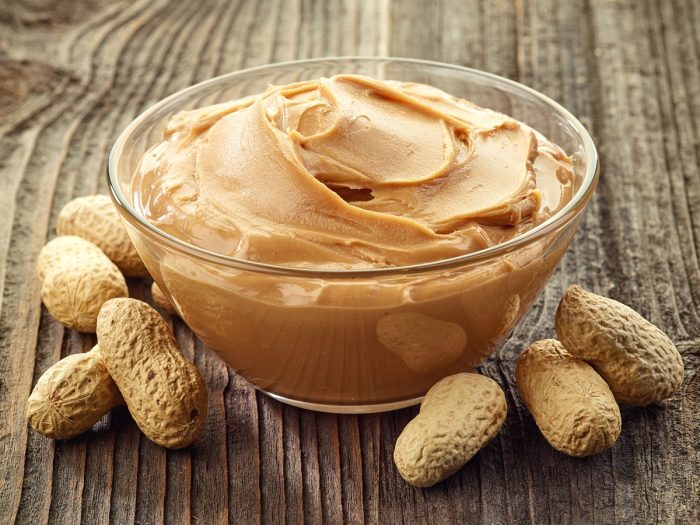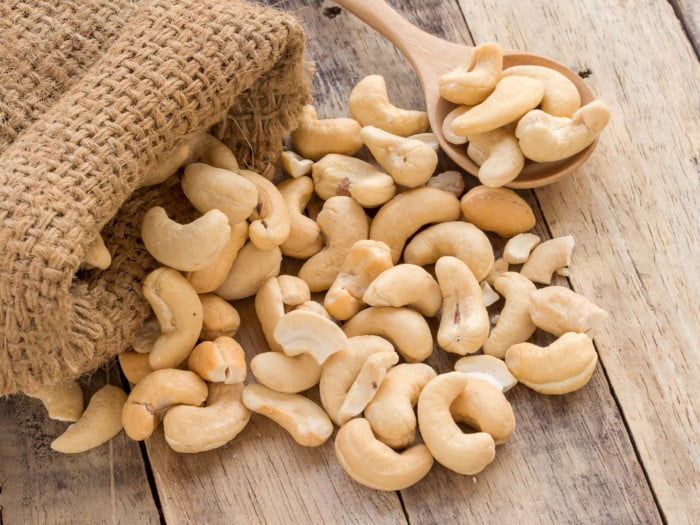People are always looking for good peanut butter substitutes, and while some may have slightly different flavors or a higher price tag, there are plenty of options available on the market.
Peanut butter is a creamy spread made from grinding peanuts into a paste. Oil and salt are often added to make the butter smoother. It is a staple food around the world and is used in all sorts of recipes, from desserts to savory stews. [1]
Peanut Butter Substitutes
There are many reasons you may want to seek out peanut butter substitutes. The primary one is if you’re cooking for someone with a peanut allergy. It is important when shopping for substitutes that you look for products specifically labeled peanut free. These products might be processed in the same facility as peanut butter, however, so caution should always be taken.
Peanut butter is notoriously full of fat, and so many people prefer lower fat, healthier alternatives such as sunflower butter, almond butter, sesame butter, and cashew butter among others. [2]

Peanut butter is a good source of protein. Photo Credit: Shutterstock
Sunflower Butter
Sunflower butter has risen in popularity recently and can be found in most health food stores. Since it is a seed butter, this is a great alternative to anyone with nut allergies. Sunflower butter is also packed with omega-6 fatty acids, magnesium, and vitamin E. To make your own sunflower butter, simply toast up raw seeds, then grind them in a food processor. Sunflowers release a lot of their own oil, so no extra oil is needed to achieve a creamy, smooth spread. [3]
Almond Butter
Almond butter is also fairly common now, and a great alternative for children with peanut allergies, since the flavor and texture, is very similar to peanut butter. Almond butter is also a good source of vitamins and minerals, with almost as much protein as peanut butter. Almond butter is also an excellent source of potassium, iron, vitamin E, and calcium.

Cashews are rich in protein. Photo Credit: Shutterstock
Sesame Butter
Most people are familiar with sesame butter as tahini, which is ground sesame seed paste with garlic and lemon added. Plain sesame butter is a little runnier than peanut butter, but like all seed butter, it is packed with nutrients. Sesame seeds are great sources of omega-6 fatty acids, as well as B1, iron, and fiber. A sweeter version of sesame butter can be made by adding a touch of vanilla sugar to toasted and ground sesame seeds. [4]
Cashew Butter
Cashew butter can be a little more difficult to find, but it is a rich, flavorful substitution for peanut butter. Cashews have slightly less protein than peanuts, but they have lots of essential minerals, including iron, zinc, copper, and magnesium. Cashews may also reduce triglyceride levels in people with diabetes.
